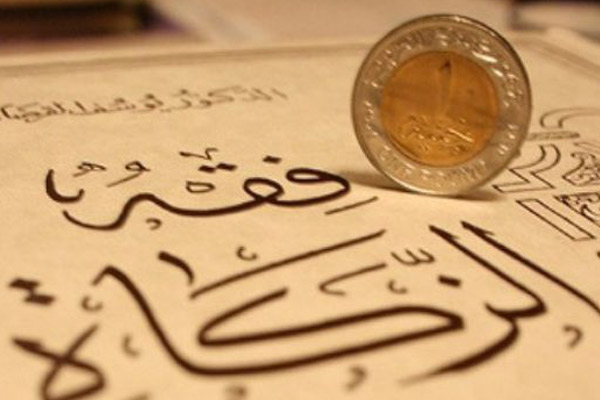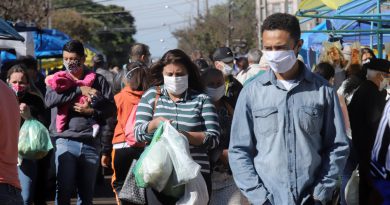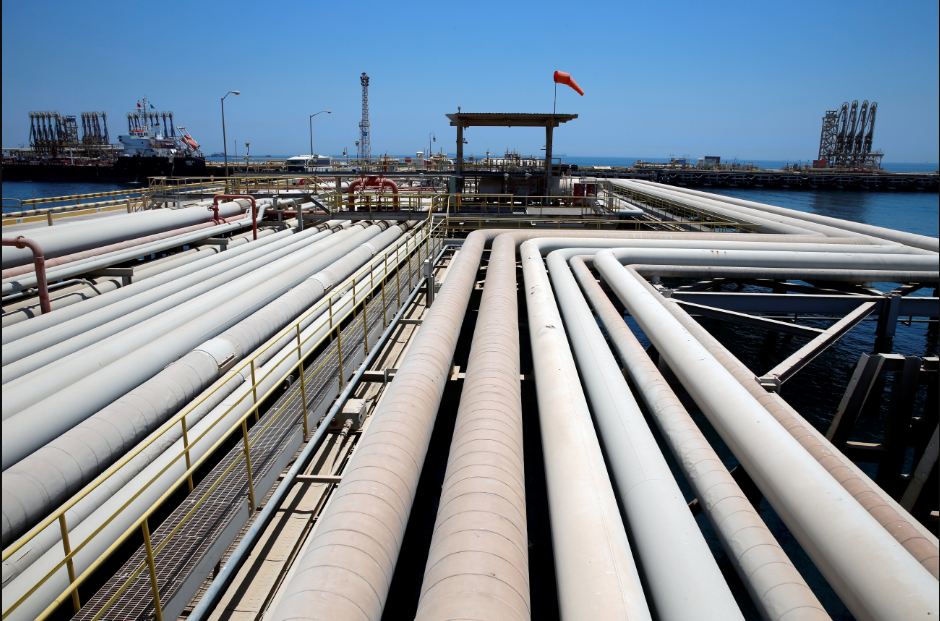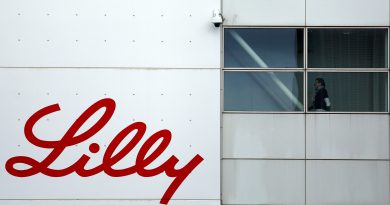How Umar-II eradicated poverty with exemplary Islamic Economy Model
By Noorah Jukaku
It did not matter which society, religion or caste the poor belonged to. Everyone was given equally whether he was Arab or Non-Arab, Muslim or not.
Islam and Muslims are widely misunderstood in contemporary times due to constant demonization through media, movies and other means. Many progressive states in today’s globalized and capitalist society does not serve as a solution for the problems faced by individuals especially those who are less privileged.
The Islamic values of Governance via an exemplar of Umar II who ruled various parts of Arabia by his exceptional approach is a great model that can eradicate many issues including economic downfall.
The focus of this article is how the economic model under his rule was successful in eradication of poverty and how his model served as a solution for those who otherwise were underprivileged.
The Umayyads had started using their court wealth, not in the interest of its people, rather to uphold their kingship and the prestige of their family, which was contrary to the rules laid out by authentic religious scriptures and the way of the Prophet.
Umar II was however different than his predecessors. His reign was short lived yet proved to be more prosperous in the sense of internal reform.
His popular policies of treating his people with justice and at the same time enforcing discipline among officials to avoid corruption and put an end to violation of people’s rights made him successful in introducing security and opulence.
One of the main values of economic reform in Islam that was enforced by Umar II was the system of Zakah and taxation.
Zakah is a sum of money depending on the wealth owned and is paid by the Muslim rich elite of the society which was collected in the Bait al Maal (a place used to preserve the money) and then used for the needs of the poor and needy. This part of money only belonged to those who were in need and no one else could have access to it not even himself or his family.
The taxation which was also a specific amount of money collected from the other elite who did not accept Islam but compared to Zakah was lesser and served as security for those people.
His belief was that he wanted the people under his rule to be equal in terms of economy. He wanted the elite to transfer a certain amount of wealth to the poor so that they would be equivalent in terms of wealth.
It did not matter which society, religion or caste the poor belonged to. Everyone was given equally whether he was Arab or Non-Arab, Muslim or not.
Even the traveler was treated with equality and kindness and helped when needed. He built guest houses on the roads which the travelers could use freely and built water wells that travelers could use for drinking.
He also reversed the tax policies that were laid by the oppressive Hajjaj, a ruler who preceded him, who imposed high tariffs on the people who owned land. The land tax was paid by anyone regardless of their belief, and Umar II laid out tariffs for those land that were not heavy on the owners yet helped in supporting the state.
He had also opened free trade in the land and sea, yet how the wealth was dealt with greatly differed from his predecessors as well as successors. He did not want to destroy the dynasty but wished to base it on the foundations laid out by authentic religious commands.
The only property that belonged to the state and its use was from what they gained in battles that took place. His main aim was to establish equality amongst the Arabs and Non-Arab, so that each person would feel a sense of belonging in the society.
He wanted the people to have at least the basic necessities of life and be sufficient in terms of wealth. His reform in economy helped the people emerge from poverty and lead to betterment in standard of living to the extent that when the ministers would move to distribute charity, there was not a single person who needed it.
There are many other aspects of the economy that was reformed in his two-and-a-half-year rule which brought about exemplary changes in the condition of the people especially those who were under privileged in society.
Ruling parties in contemporary times have made capitalism, neo-liberalism and globalization their first and foremost priority which intends to serve only the elite of the society and sidelines those less privileged.
This exemplar of the economic model of Umar II who wanted to establish equality amongst the residents under his rule, based on the authentic Islamic values of governance can serve as a solution to the problem in today’s societies.
Noorah Jukaku is masters student in the Department of Humanities and Social Sciences in National Chiao Tung University Taiwan. She has completed Bachelors in Sharee’ah and Usool Al Deen from University of Sharjah and co-author of the book “The Blissful Union”.



